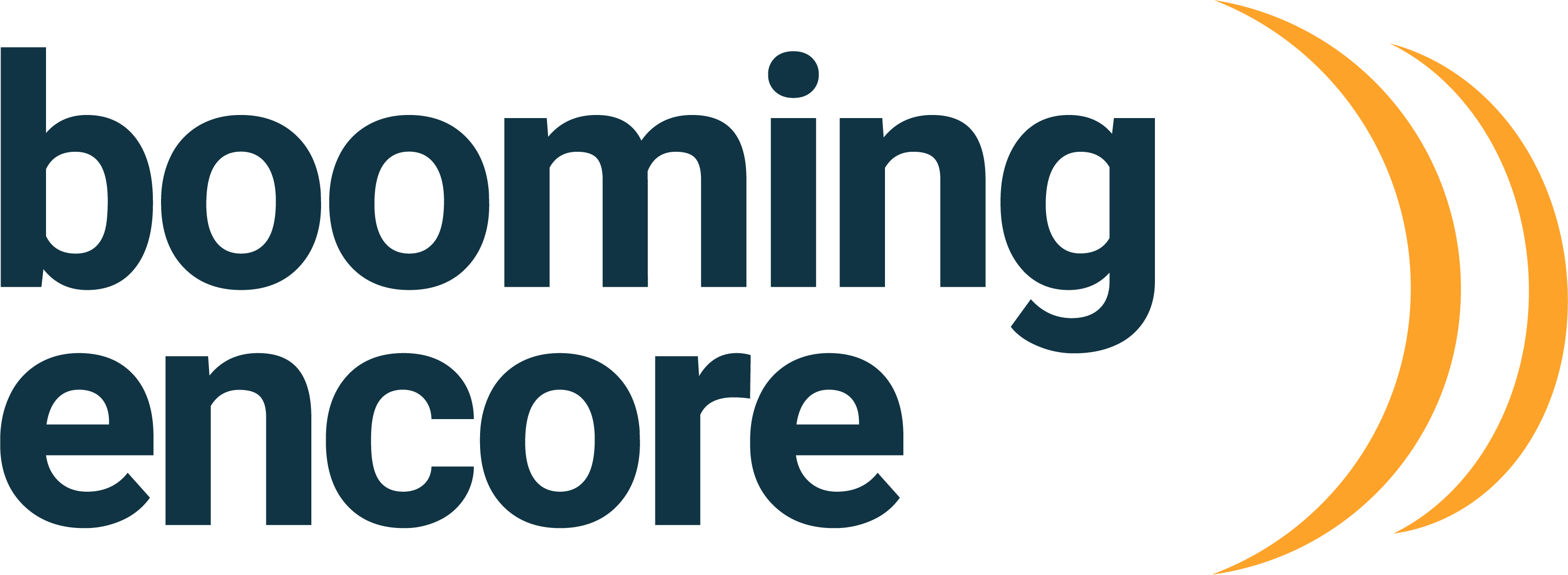Ask a Retirement Coach: Did I Retire Too Soon?

Dear Retirement Coach;
I retired last year, and while I don’t miss the stress of work, I can’t shake the feeling that I left too soon. I still have energy, ideas, and something to offer.
Is it too late to go back or reinvent myself somehow?
Second Thoughts at Sixty
Dear Second Thoughts at Sixty,
First, thank you for your honesty. So many people imagine retirement as a permanent exhale—freedom from the pressures of work and the gift of time. But what happens when that freedom starts to feel more like restlessness? Or when the life you planned doesn’t quite match how you feel?
You’re not alone in asking, “Did I retire too soon?” I want to assure you: questioning your decision doesn’t mean you made a mistake. It means you’re paying attention to the gap between expectation and experience—and that gap is rich with possibility.
Let’s unpack what might be going on, and more importantly, explore how you can move forward with renewed clarity, confidence, and purpose.
Retirement Is a Beginning—Not Just an Ending
After a long and successful career, it's natural to assume that retirement will be the well-earned “after” to all the striving and structure of your working life. But in reality, retirement is more of a transition than a destination. It’s not the end of your story—it’s the start of a new chapter, one that you now get to write with fresh intention.
If this new chapter feels unfamiliar, even uncomfortable, that doesn’t mean you got it wrong. It means you’re in the process of adjusting. When we leave behind titles, deadlines, and daily responsibilities, we also leave behind a part of our identity—and it takes time to adjust.
So rather than seeing your current feelings as a sign of regret, try viewing them as a signal: something inside you is ready to evolve again.
You Don’t Have to Choose Between “Retired” and “Working”
One of the biggest myths about retirement is that it’s all-or-nothing: either you’re fully working or fully done, all hustle or all leisure. But more and more people are carving out space in the middle—a space where purpose, flexibility, and contribution can co-exist.
Maybe you don’t want to go back to full-time work—but you miss the stimulation, the social connections, or the sense of accomplishment. The good news? There are plenty of ways to re-engage professionally without returning to the grind.
Ask yourself:
What parts of working life did I enjoy most?
What do I miss—not just doing, but feeling?
Where might I use my strengths in new, more flexible ways?
This kind of reflection often reveals possibilities that feel energizing rather than overwhelming. Maybe it’s consulting, mentoring, serving on a board, or launching a small-scale encore project. You don’t have to pick up where you left off. You can re-enter the world of contribution on your own terms.
You’re Still Growing—Let That Be the Goal
Retirement is often framed as a time to relax and stop. But for many people, especially high achievers, it can also be a powerful time to grow, stretch, and even reinvent.
If you’re considering retraining, trying out a new field, or stepping into a different role, don’t just ask, ‘Can I do this?’ Instead, ask, "Why am I drawn to it?”
Is it curiosity? The desire to feel useful? A long-standing interest that never had room to grow?
You don’t need to have it all figured out before you begin. Start small:
Take a course that sparks your interest.
Shadow someone in a field you’re curious about.
Have coffee chats with others who’ve taken similar leaps.
You’re not starting from scratch—you’re building from a foundation of experience, wisdom, and self-awareness.
Redefining “Success” in This Stage
It’s common to equate success with productivity, achievement, and external recognition—especially after decades in the workforce.
But in retirement, the definition of success shifts. Instead of asking, “What did I accomplish today?” try asking:
What energized me today?
Where did I feel like myself?
What gave me a sense of meaning or connection?
This is about moving from performance to alignment—from doing what’s expected to doing what feels true. That’s not easy for many people at first. But with practice, it can become one of the most liberating and fulfilling shifts of your life.
You Get to Redecide—At Any Age
Let me say this clearly: it’s never “too late” to make a new decision.
Whether you retired at 60 or 75, you’re allowed to re-evaluate. You’re allowed to pivot. You’re allowed to say, “I want something more—or different.”
This next phase isn’t about proving anything. It’s about designing a life that feels meaningful to you. That may involve more rest… or more work. More travel… or more community.
There is no one-size-fits-all formula for fulfillment. The key is giving yourself permission to change your mind—and to trust that what you want now is just as valid as what you wanted before.
Regret is a Signal, Not a Verdict
If you’re feeling regret, let it guide you—but don’t let it define you. Regret often carries important clues: a longing to contribute, to grow, to feel useful, or to reclaim a part of yourself that still has more to give.
You don’t need to have all the answers today. What you do need is curiosity, courage, and a willingness to try something new.
Because here's the truth: retirement doesn’t mean the end of purpose—it means the beginning of self-defined purpose. And yours is still unfolding.
Warm regards,
Toni Petrillo
Retirement Lifestyle Consultant Founder, Retire With Intention
Do you have a question to ask about the non-financial aspects of retirement? e-mail them to [email protected]
Interested in reading more advice? Check out all our "Ask a Retirement Coach" questions!
Related content





